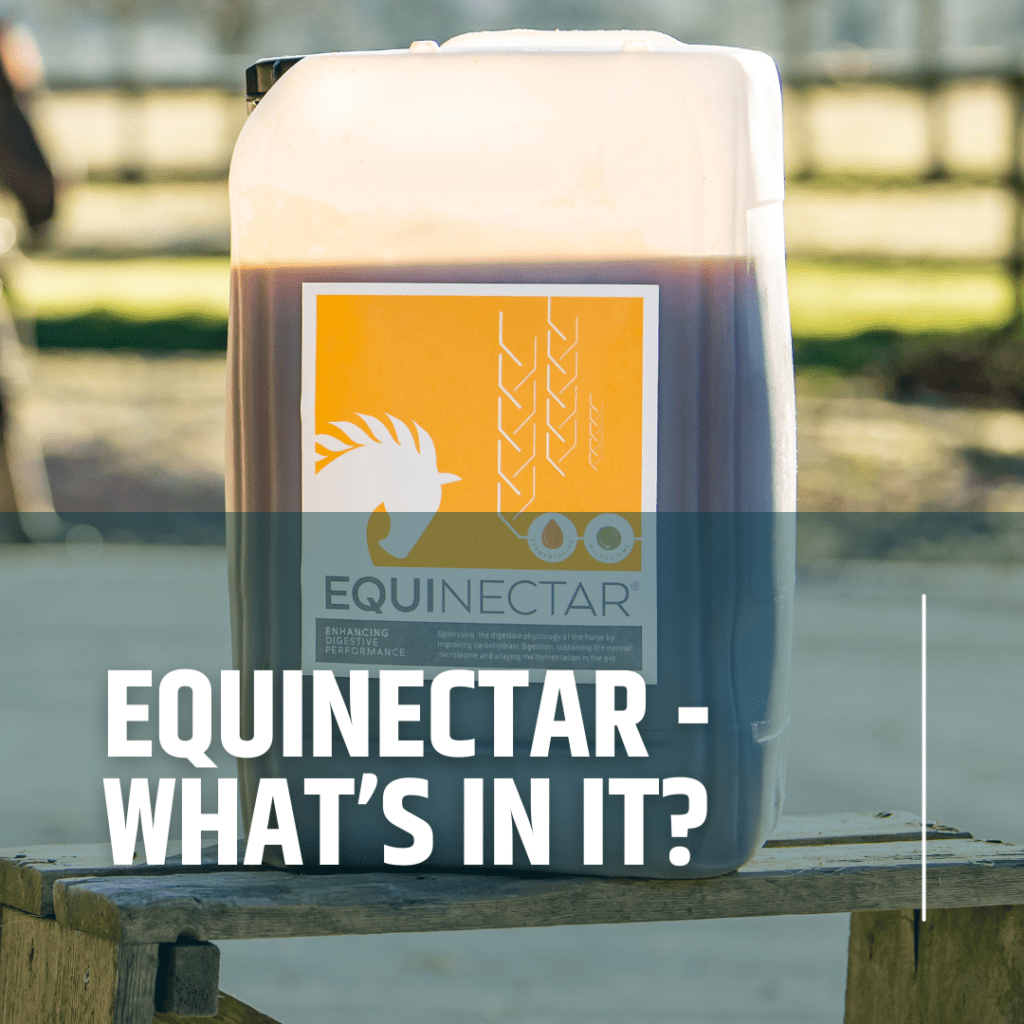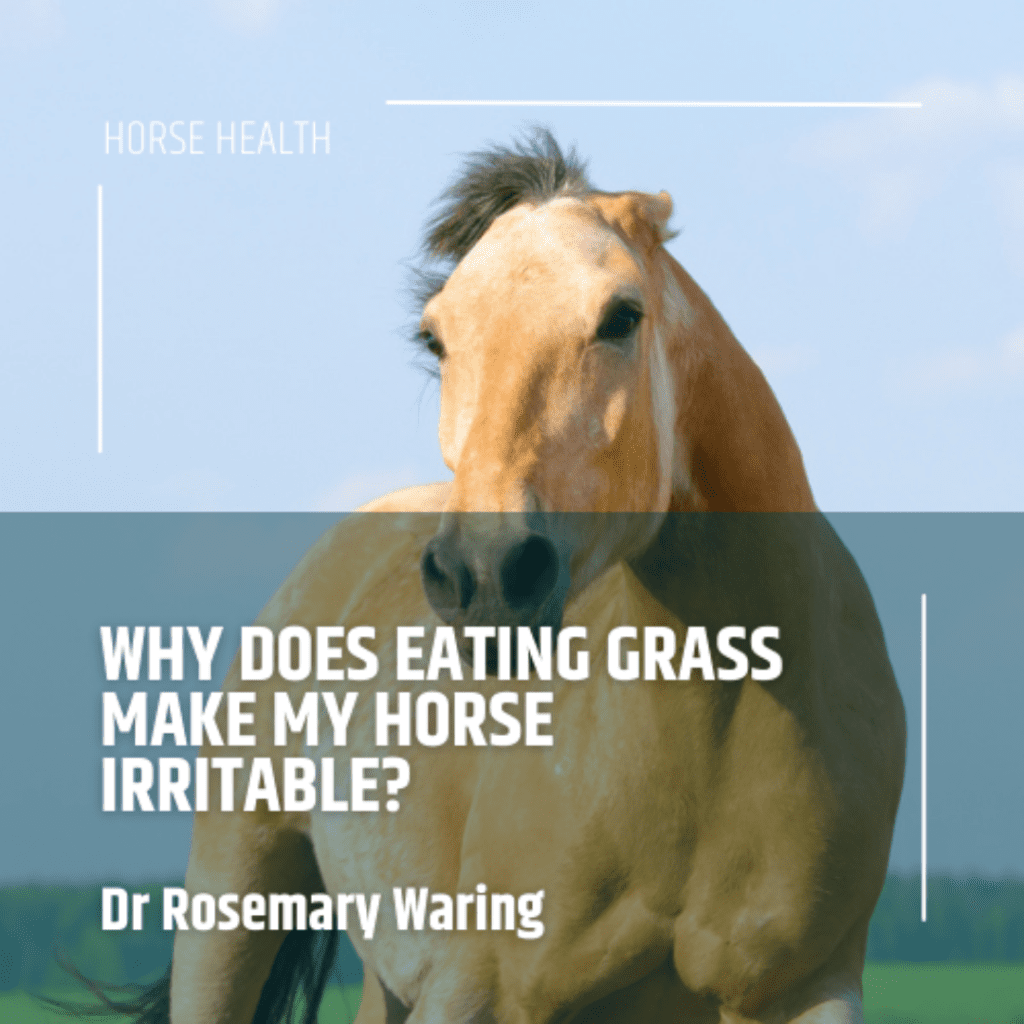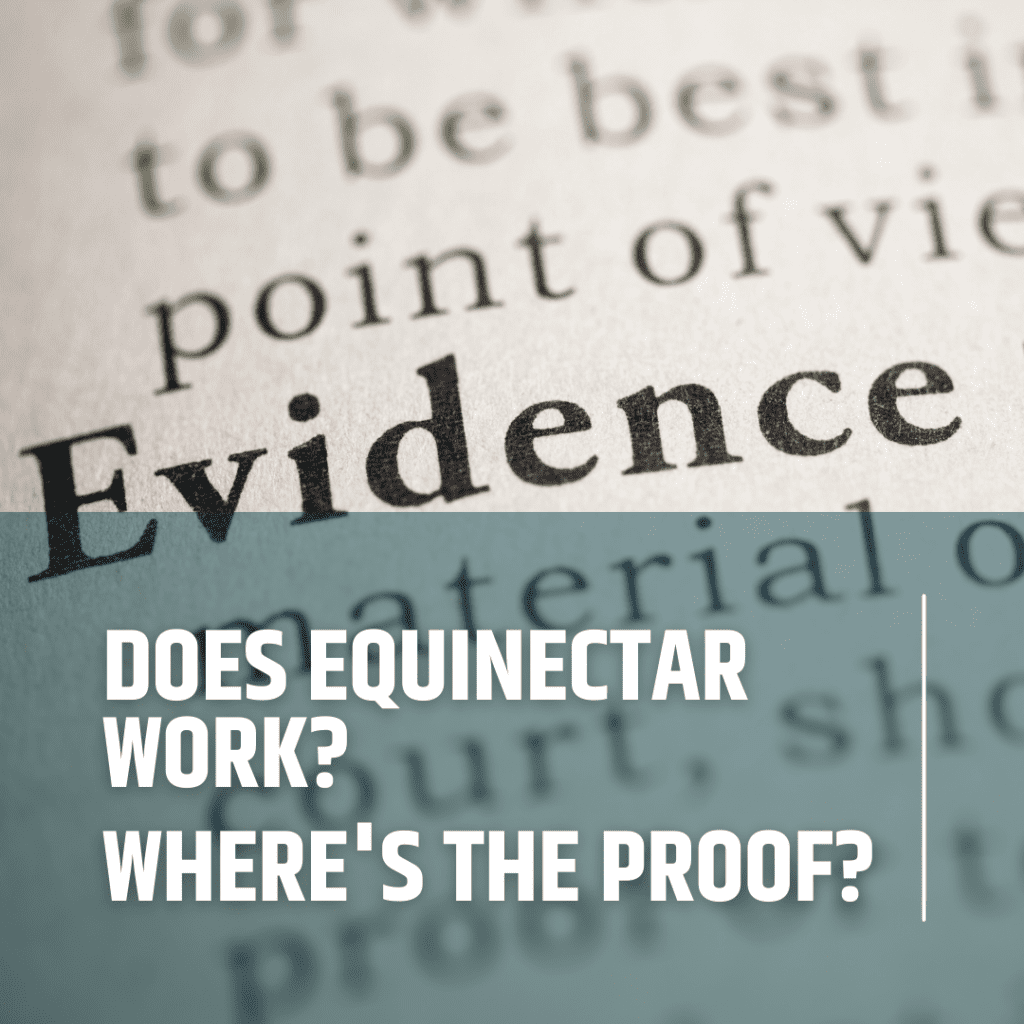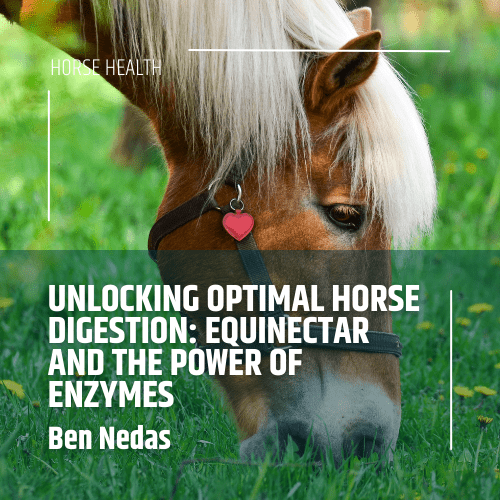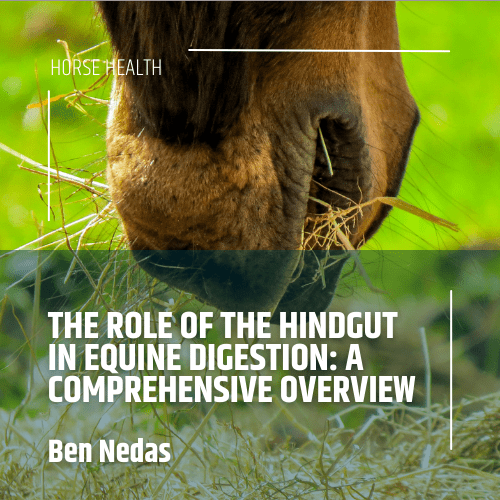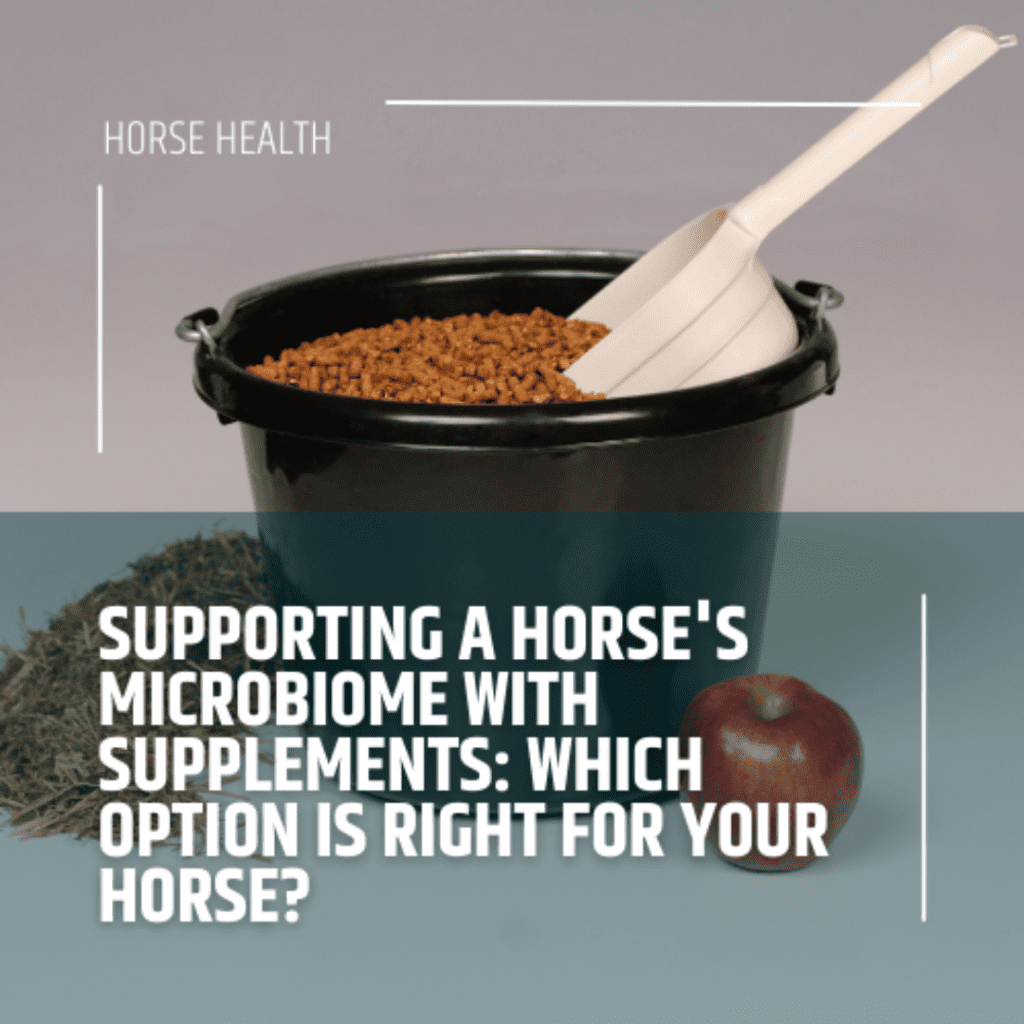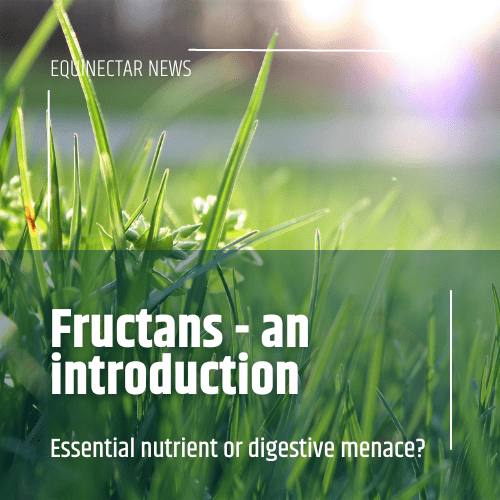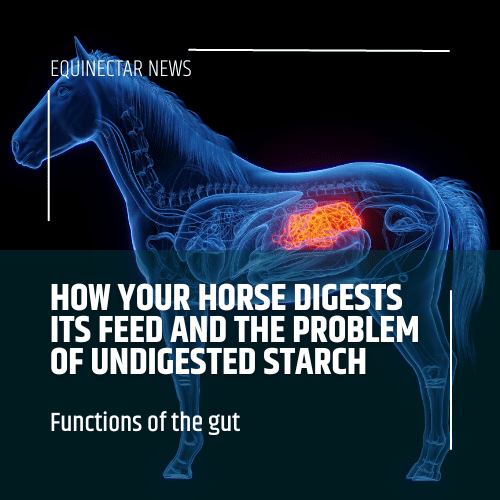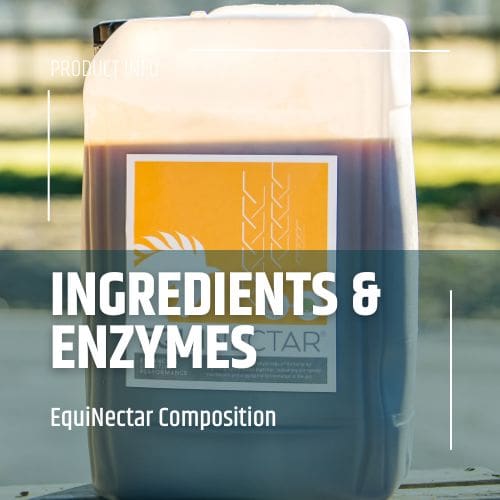EquiNectar – What’s in It?
EquiNectar is a carefully formulated supplement designed to support equine digestive health and overall wellbeing. The enzyme profile of EquiNectar is one of its key features. These enzymes play crucial roles in breaking down various components of your horse’s diet, potentially improving digestion and nutrient absorption.
EquiNectar – What’s in It? Read More »

